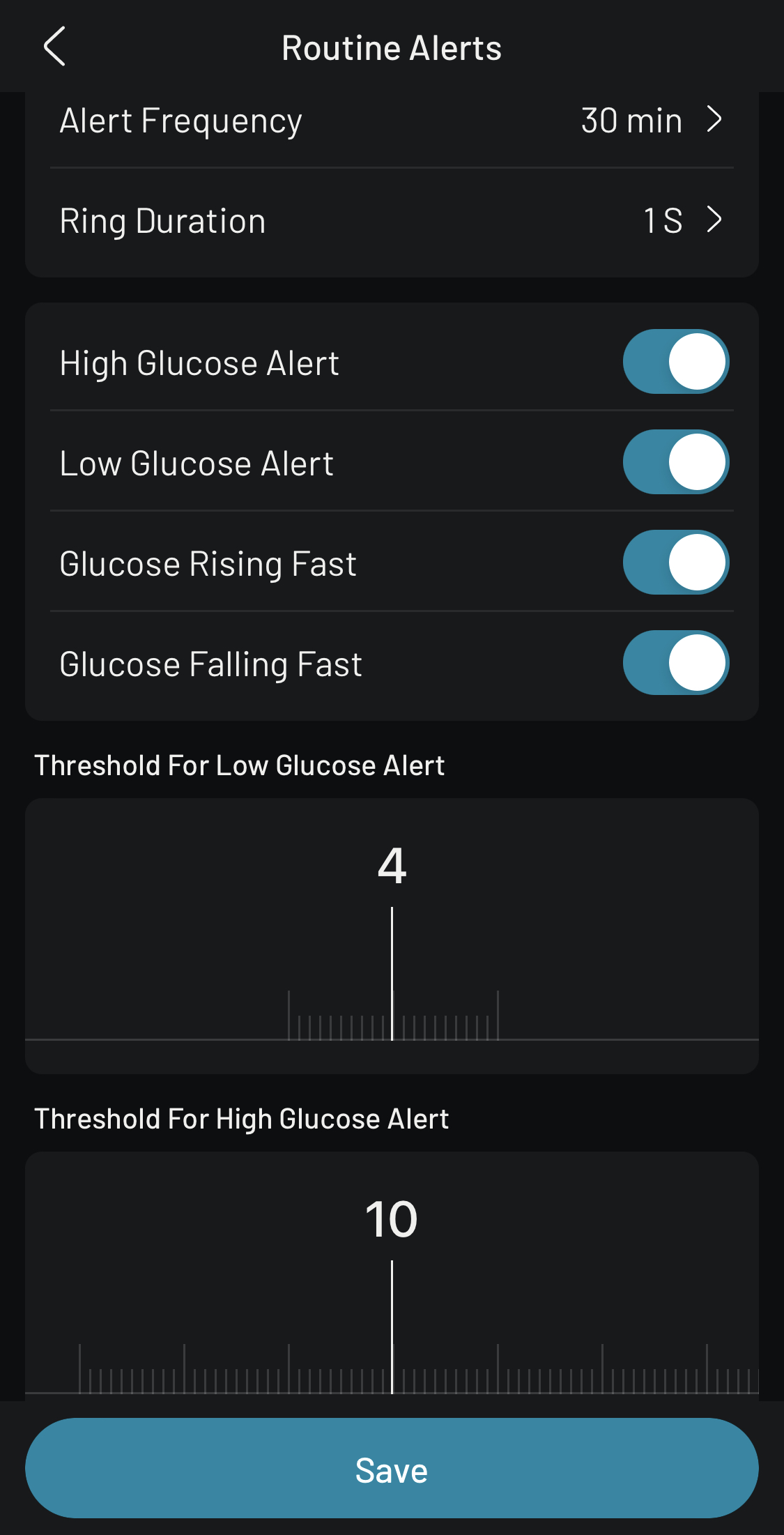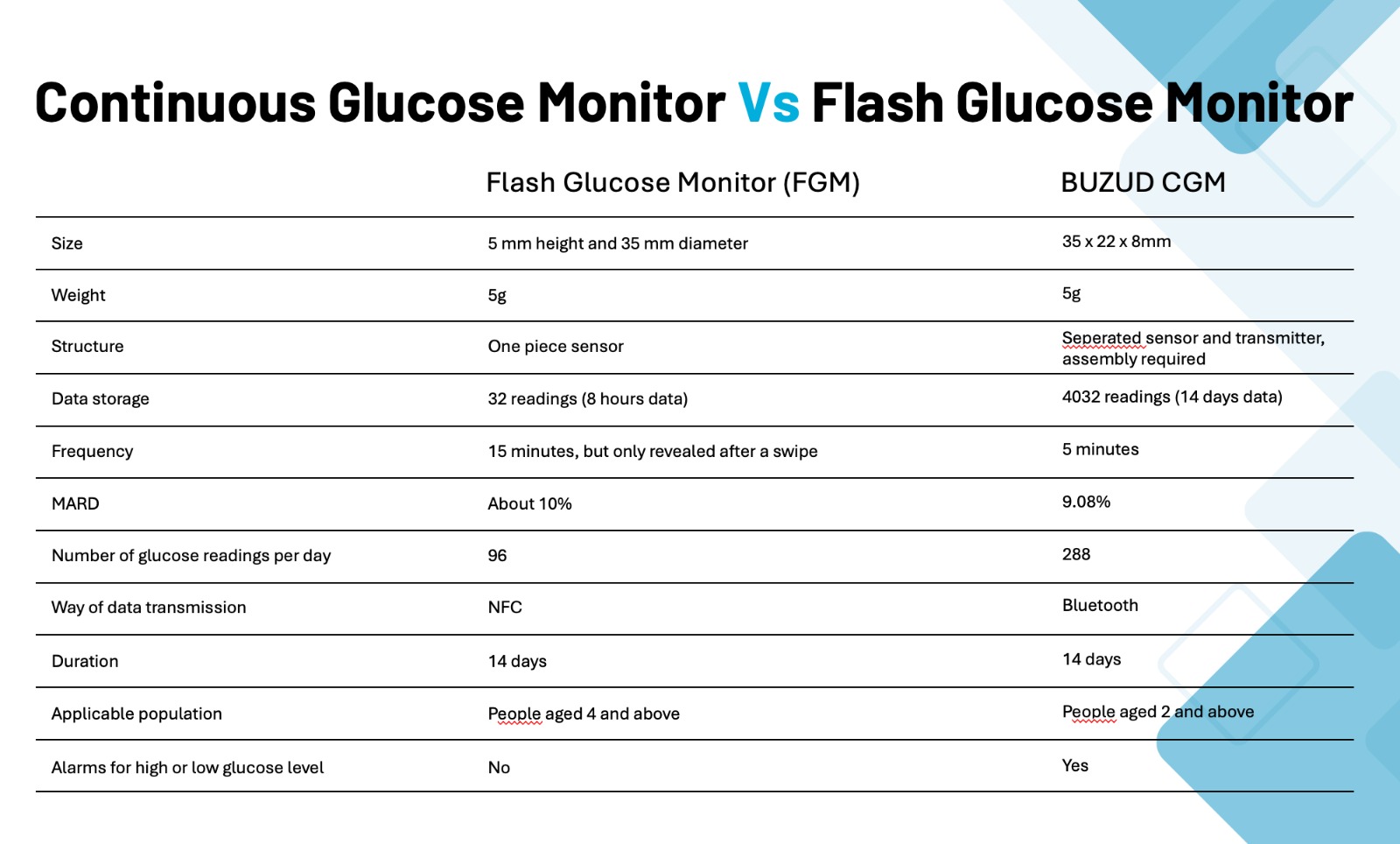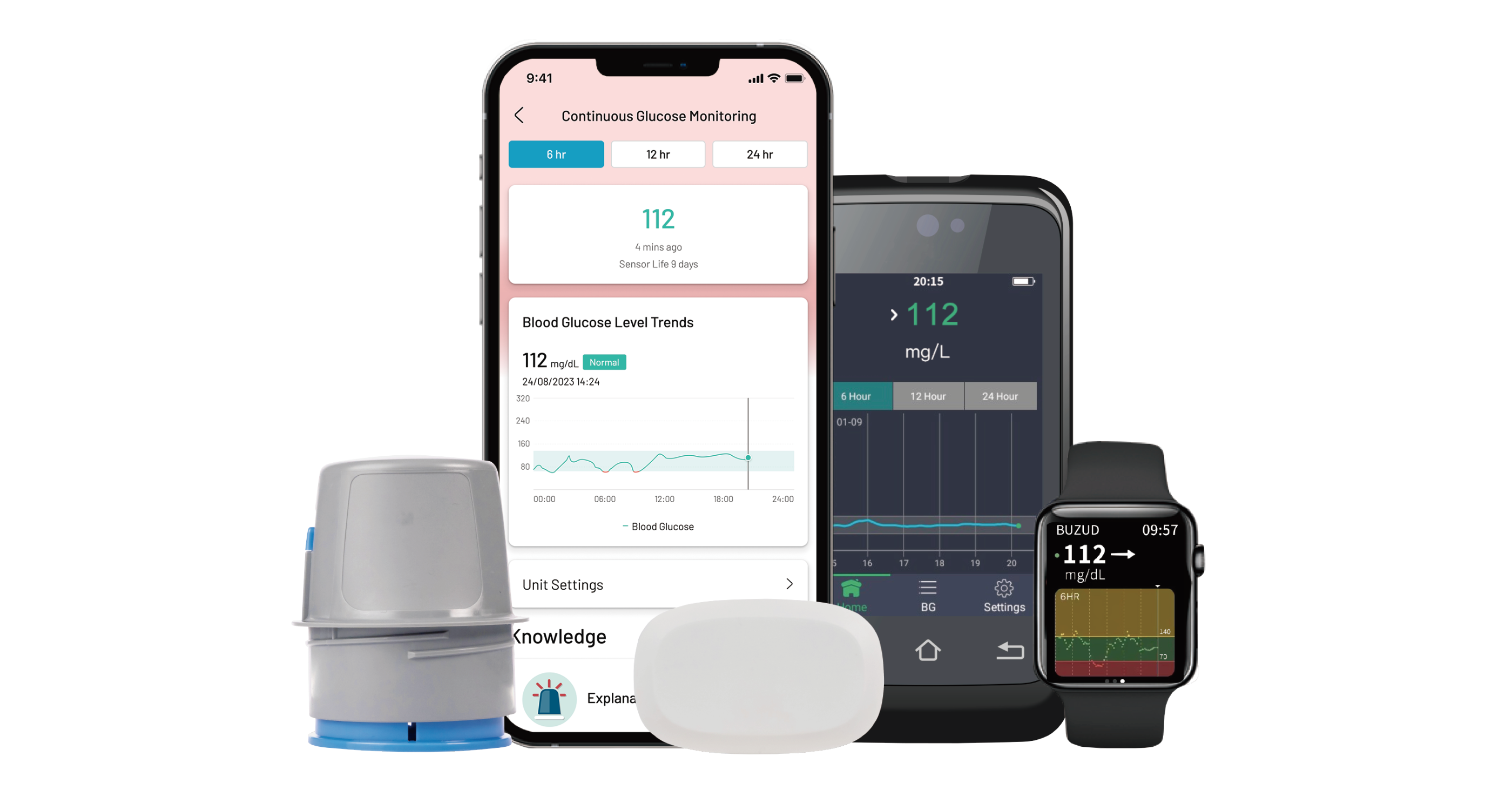Understanding Type 2 Diabetes
Type 2 diabetes is a chronic condition characterized by the body's inability to effectively use insulin, a hormone that regulates blood sugar levels. This inefficiency leads to elevated blood glucose levels, known as hyperglycemia, which can have severe health implications if left unmanaged. Causes and Risk Factors The precise cause of type 2 diabetes remains unclear, but it involves a combination of genetic and lifestyle factors. Insulin resistance, where cells in muscles,...
Manage diabetes better by understanding S’pore’s Nutri-Grade system
Diabetes is a significant health concern in Singapore, driven by lifestyle changes and dietary habits. While the prevalence of diabetes in Singapore has stabilised in recent years, it remains at a concerning high, with about one in 12 Singapore residents currently affected by the condition. This highlights the ongoing challenges Singapore faces in managing and preventing diabetes, despite various public health initiatives and educational campaigns aimed at promoting healthier lifestyles. The...
Understanding Type 1 Diabetes
WHAT IS TYPE 1 DIABETES? Type 1 diabetes is one of three major types of diabetes. It is a chronic condition that occurs when the body is unable to produce insulin, a hormone crucial for regulating blood sugar levels. Unlike type 2 diabetes, which is linked to lifestyle factors, type 1 diabetes is an autoimmune condition where the body’s immune system attacks and destroys the insulin-producing beta cells in the pancreas. This...
BUZUD Continous Glucose Monitoring system key settings functions
Continuous Glucose Monitoring (CGM) systems have revolutionized diabetes management by providing real-time glucose readings. The BUZUD CGM system is a powerful tool designed to help users maintain optimal glucose control. This article explores the key settings functions, and best practices for using the BUZUD CGM system. Real-Time CGM Data Display One of the standout features of the BUZUD CGM system is its real-time data display capability. Users can monitor their glucose levels...
Step-by-Step Guide for Installing BUZUD CGM
Continuous Glucose Monitors (CGMs) are devices that help individuals to track their blood sugar levels continuously. Here is a step-by-step guide on how to install a BUZUD CGM: 1. Preparation Clean Your Skin: Wash and dry your hands. Clean the sensor site with an alcohol wipe and let it dry completely. Choose a Sensor Site: Primary Site (Abdomen): Avoid the belly button, scars, stretch marks, indurations, and the belt area. Ensure...
Understanding FGM vs. CGM: What’s the Difference?
When managing diabetes, knowing your glucose levels is crucial. Two popular technologies help with this: Flash Glucose Monitoring (FGM) and BUZUD Continuous Glucose Monitoring (CGM). While they might seem similar, they have distinct differences that could impact your daily life. Let's break them down in an easy-to-understand way. Manual Scanning vs. Real-Time Readings FGM (Flash Glucose Monitoring): How it works: You wear a small sensor on your skin, usually on the back...
Calibrating the BUZUD Continuous Glucose Monitoring (CGM) System: Ensuring Accuracy for Optimal Diabetes Management
Continuous glucose monitors (CGMs) are gaining widespread popularity, increasingly supplanting traditional blood glucose monitoring systems for many individuals. These compact devices, worn on the body, provide continuous glucose monitoring, reducing or even eliminating the need for frequent finger stick tests. It is important to note that readings from finger stick tests and CGMs may differ because they measure glucose levels in different fluids: a glucometer measures blood glucose, whereas a CGM...
Diabetes and Your Daily Cup: The Balancing Act of Coffee
For many Singaporeans, coffee is essential for starting the day and combating afternoon fatigue, contributing to the country's consumption of 15,000 metric tonnes annually. For individuals with diabetes, understanding how coffee affects blood sugar levels is crucial. How Does Coffee Affect Blood Sugar? The impact of coffee on blood sugar levels is complex and varies based on individual health conditions and coffee consumption specifics. For Individuals Without Diabetes Research indicates an inverse relationship between...
Unveiling the Mysteries of the Mid-Afternoon Slump: Understanding Blood Sugar Crashes
Understanding Blood Sugar Crashes Experiencing fatigue and diminished energy levels in the mid-afternoon is a common phenomenon encountered by many individuals. This decline, often referred to as a blood sugar crash, is characterized by a sudden drop in blood glucose levels, resulting in a range of symptoms including lethargy, irritability, and difficulty concentrating. Understanding the mechanisms behind this occurrence and adopting dietary strategies to mitigate its effects can significantly enhance overall...
Understanding Hypoglycemia: What You Need to Know
Hypoglycemia, medically known as low blood sugar, denotes a condition characterized by a depletion of glucose levels in the bloodstream, falling below the standard range. Glucose functions as the primary energy source for bodily functions, hence a dip in its levels can precipitate a spectrum of symptoms and complications. Causes of Hypoglycemia Although hypoglycemia is commonly affiliated with diabetes management, it can also be incited by other pharmaceuticals or underlying health conditions,...









